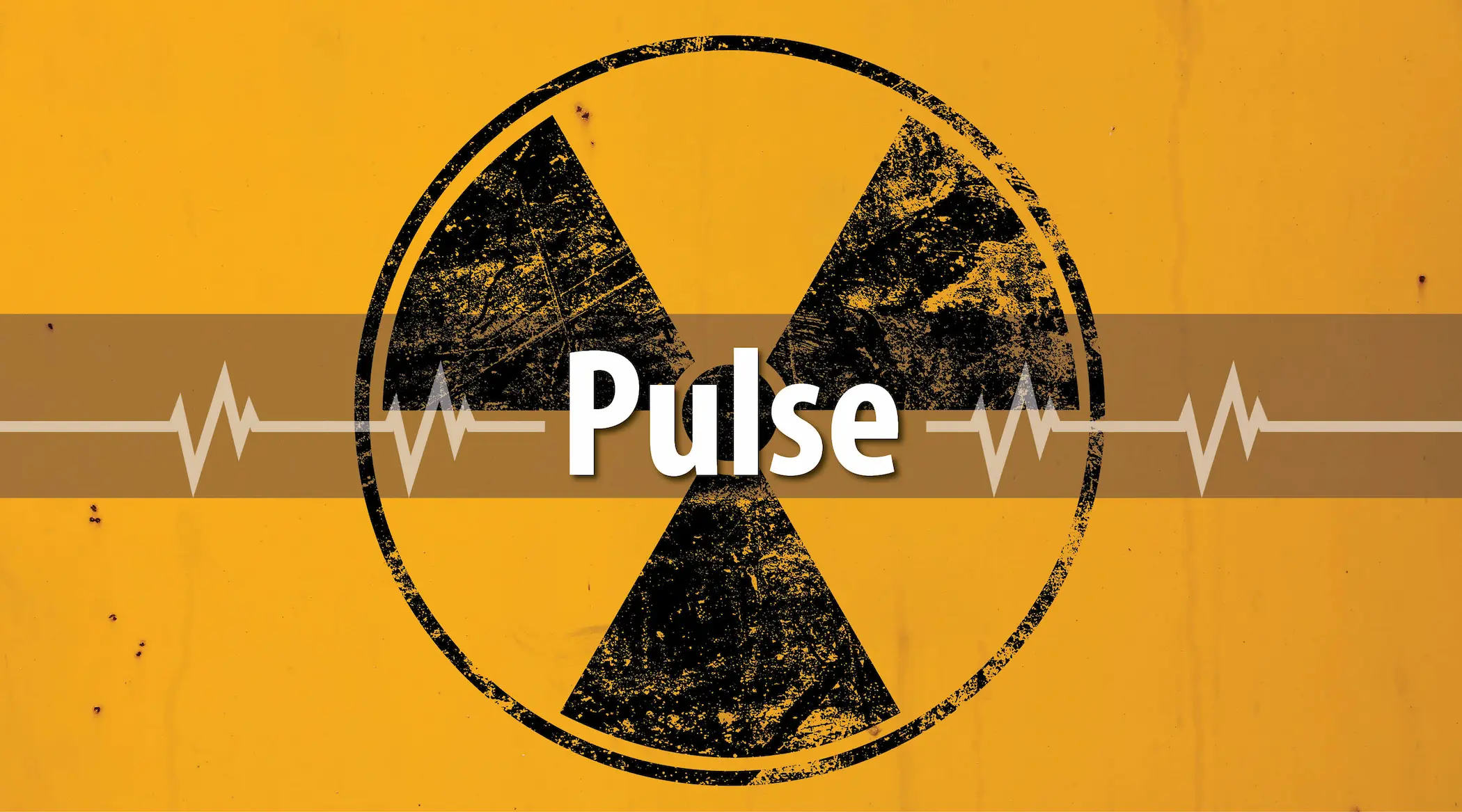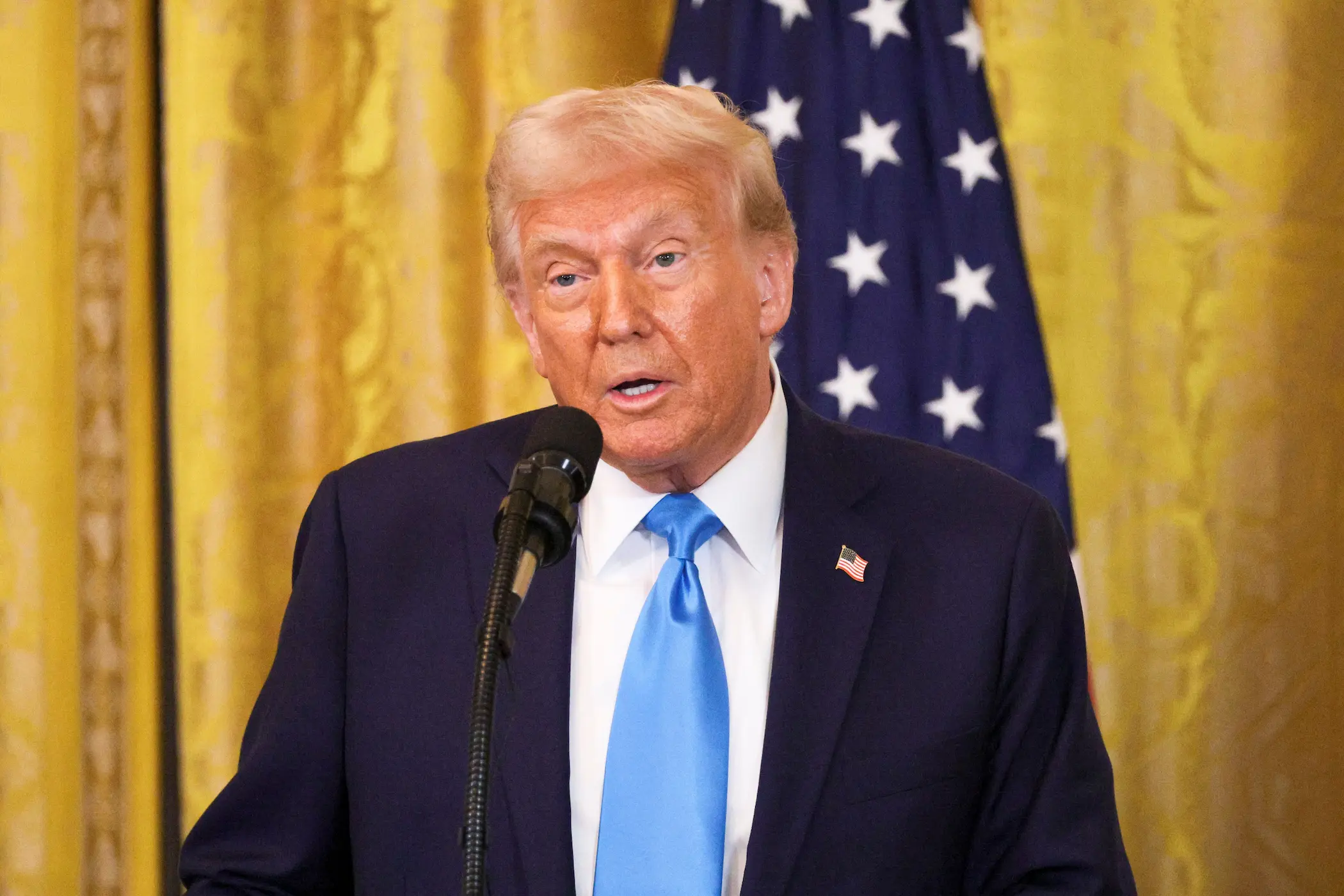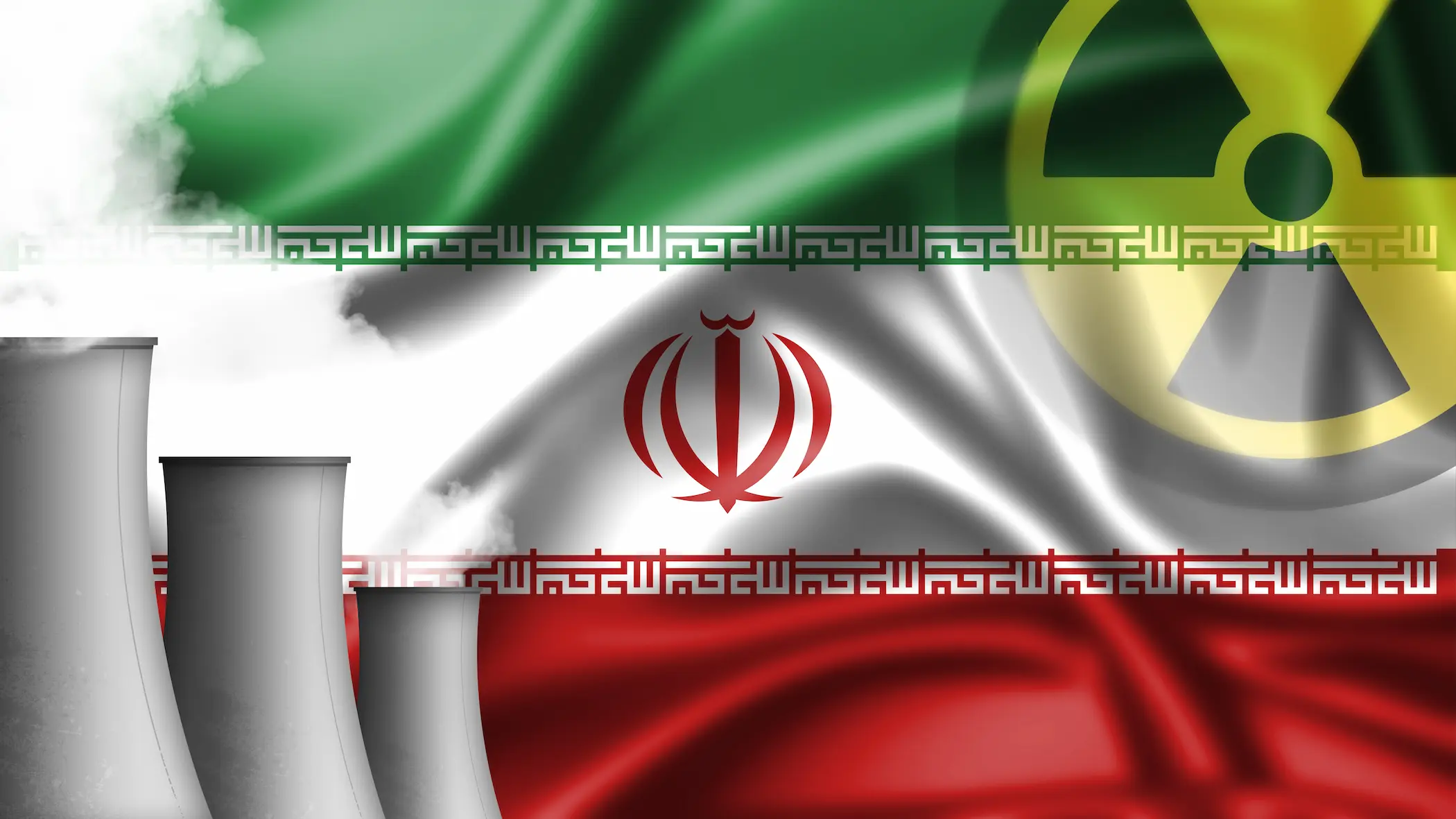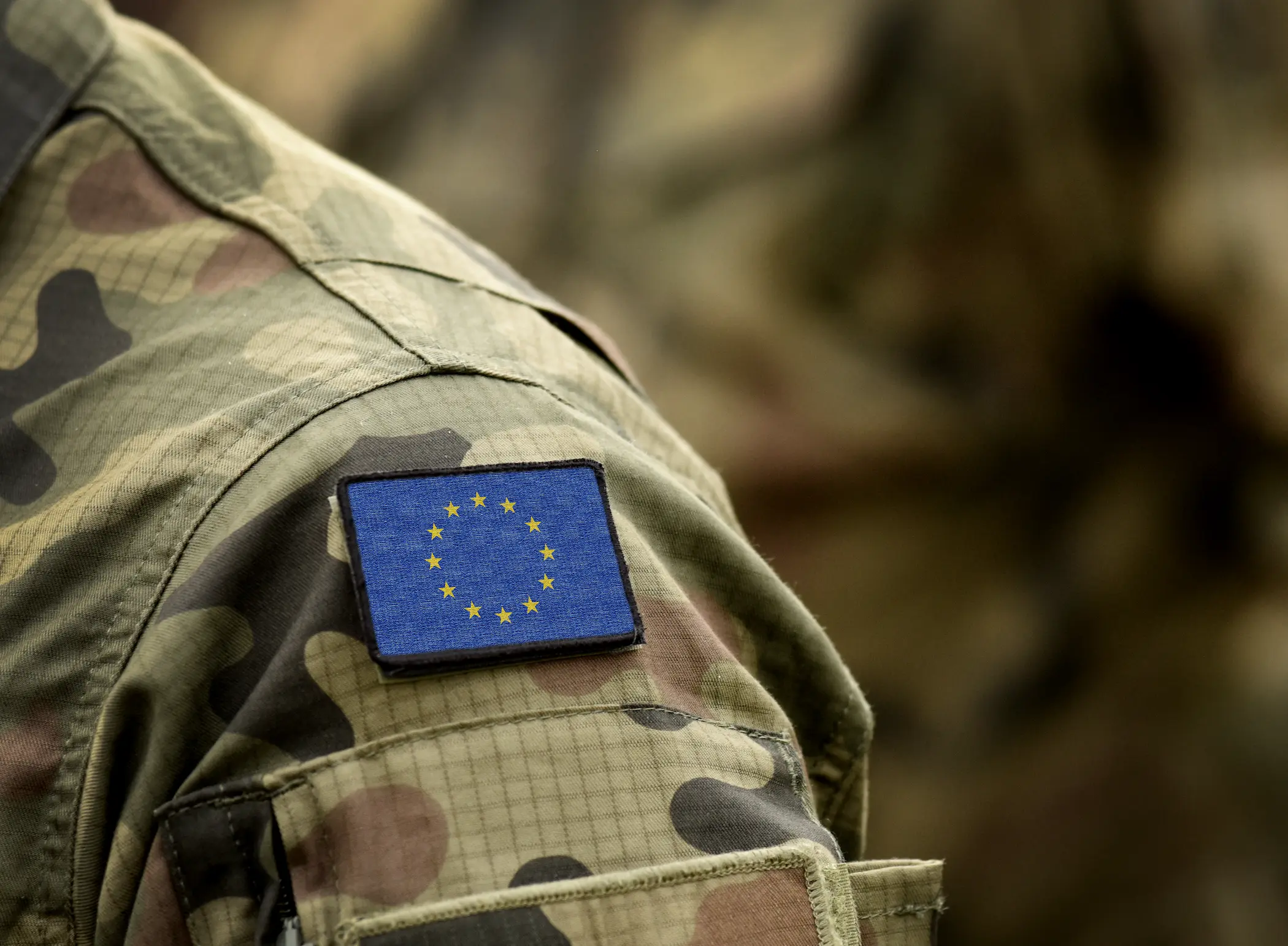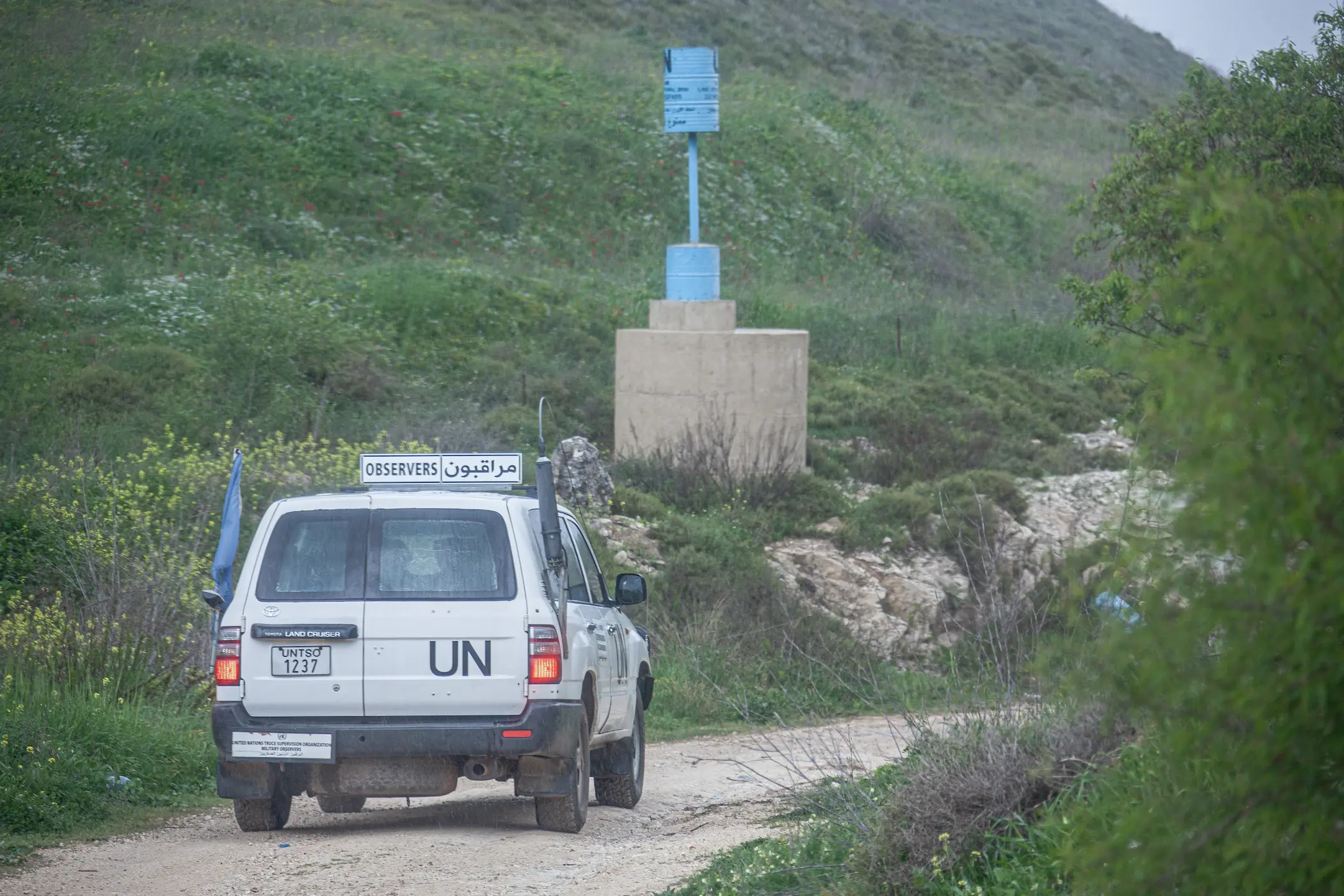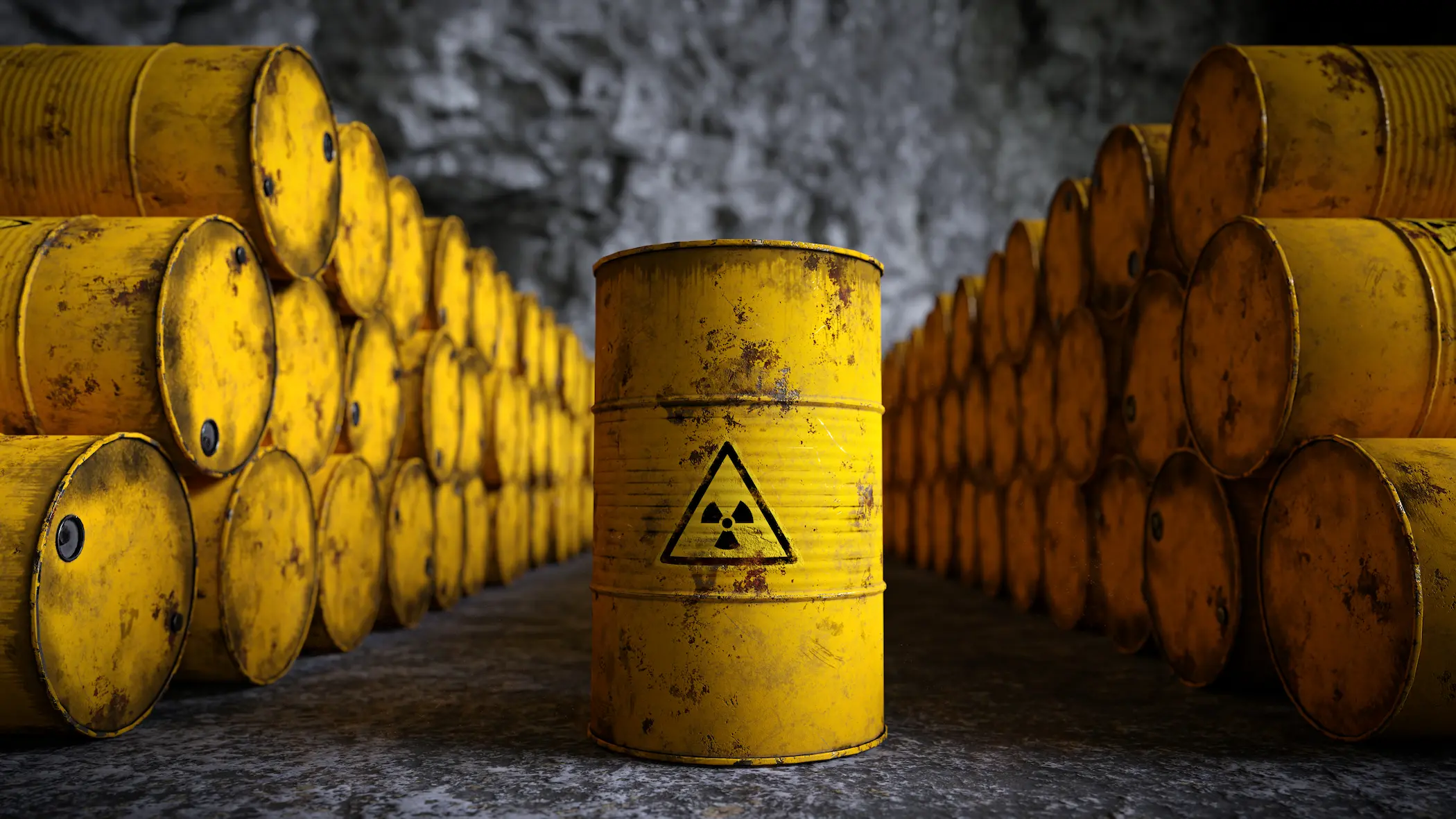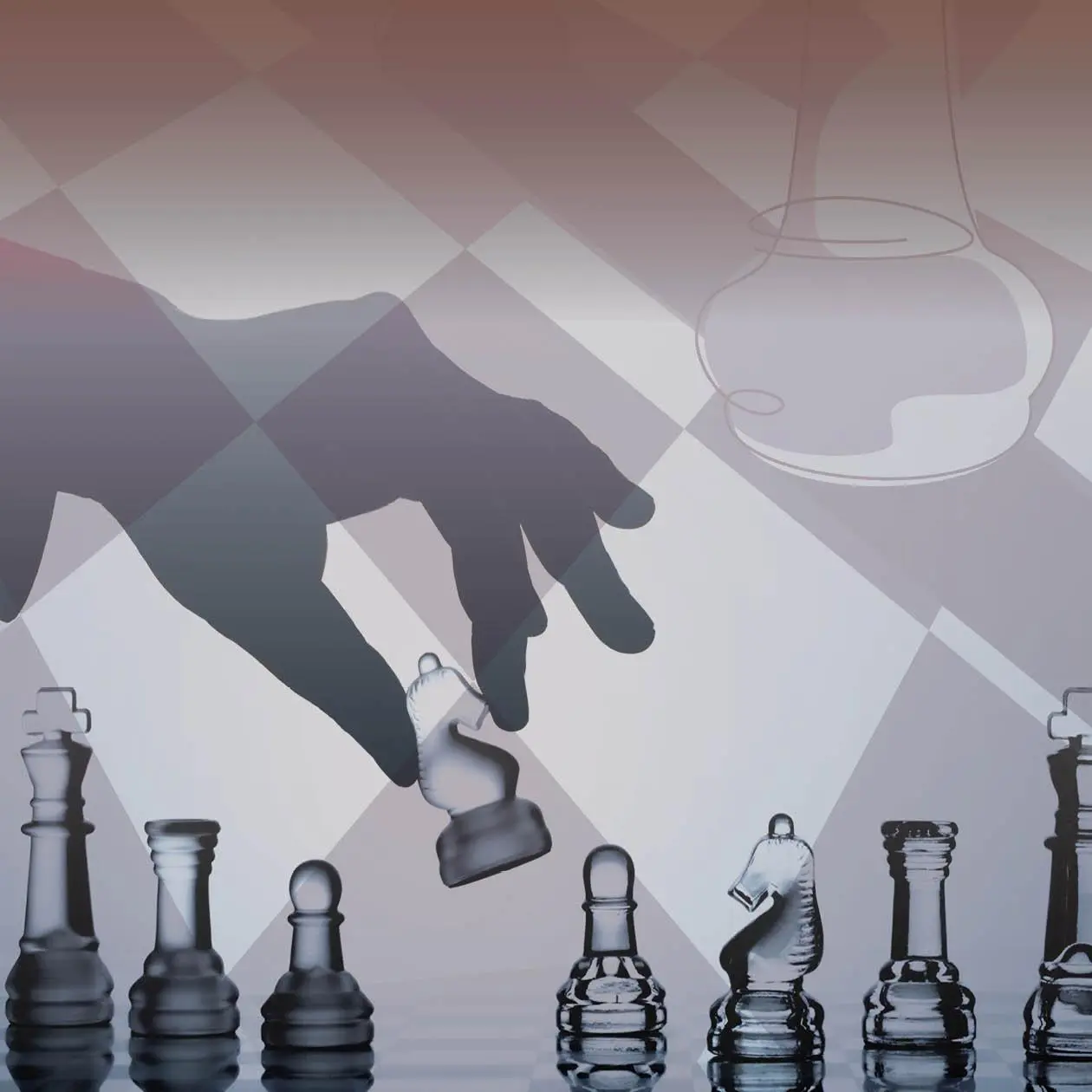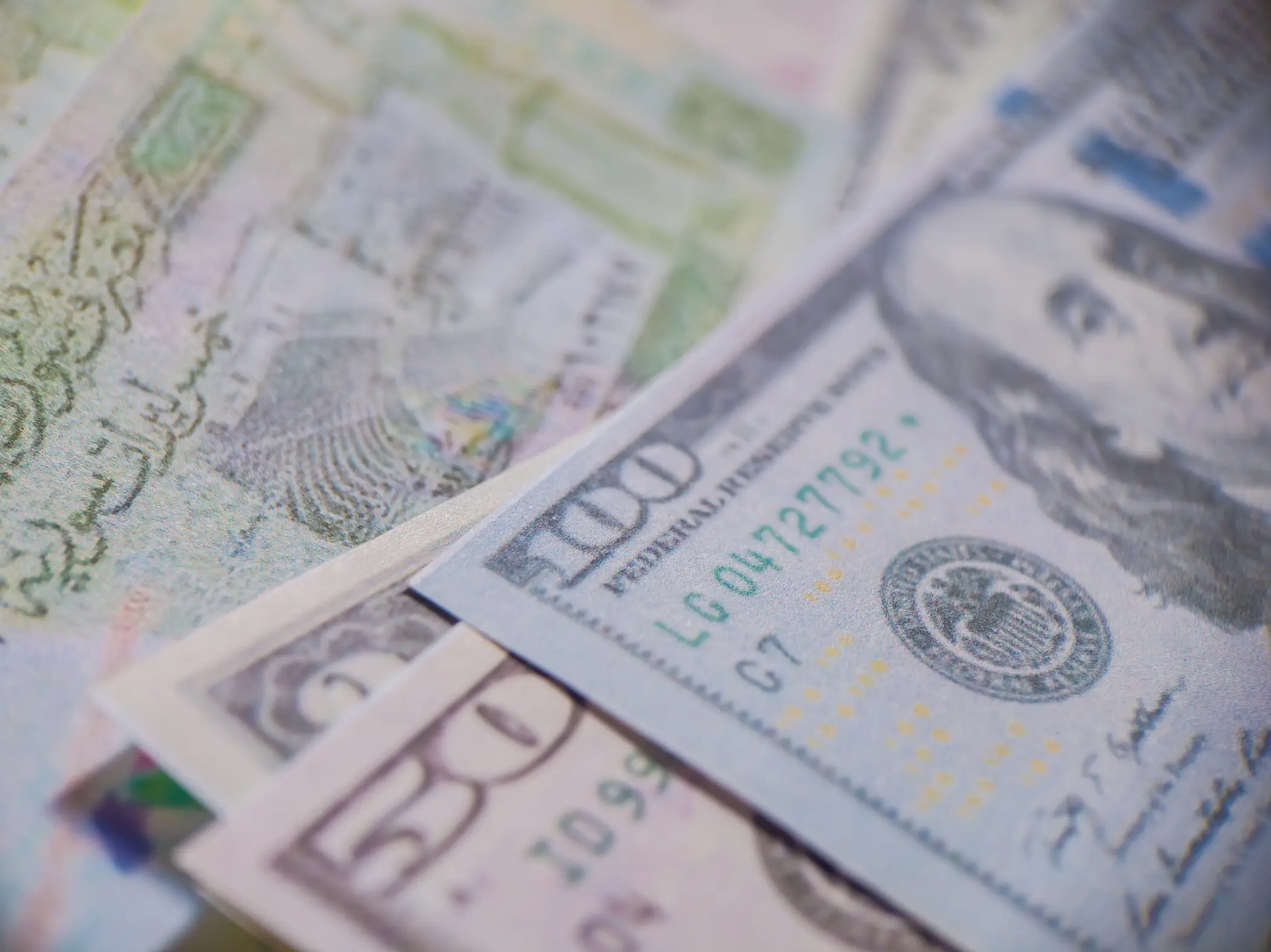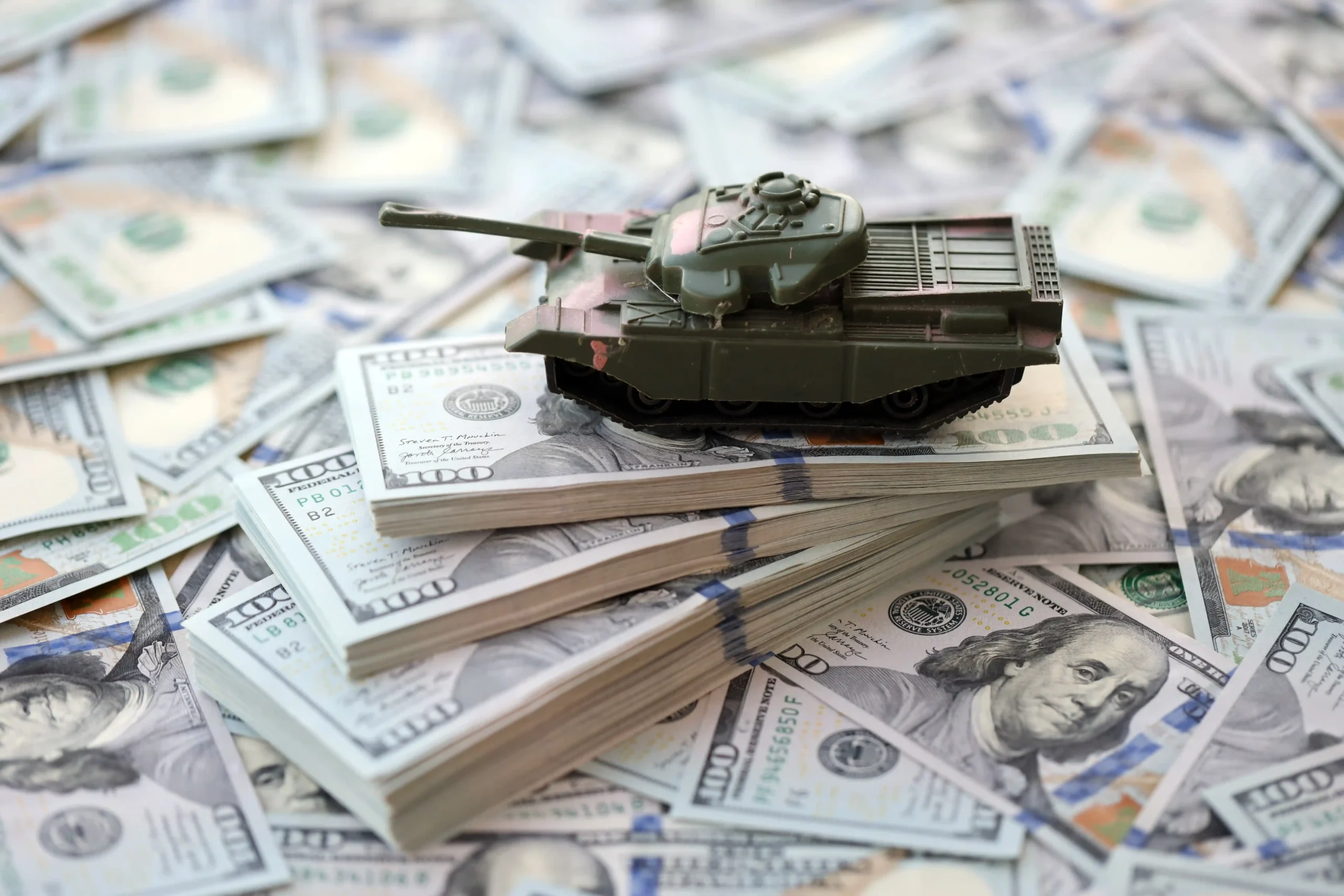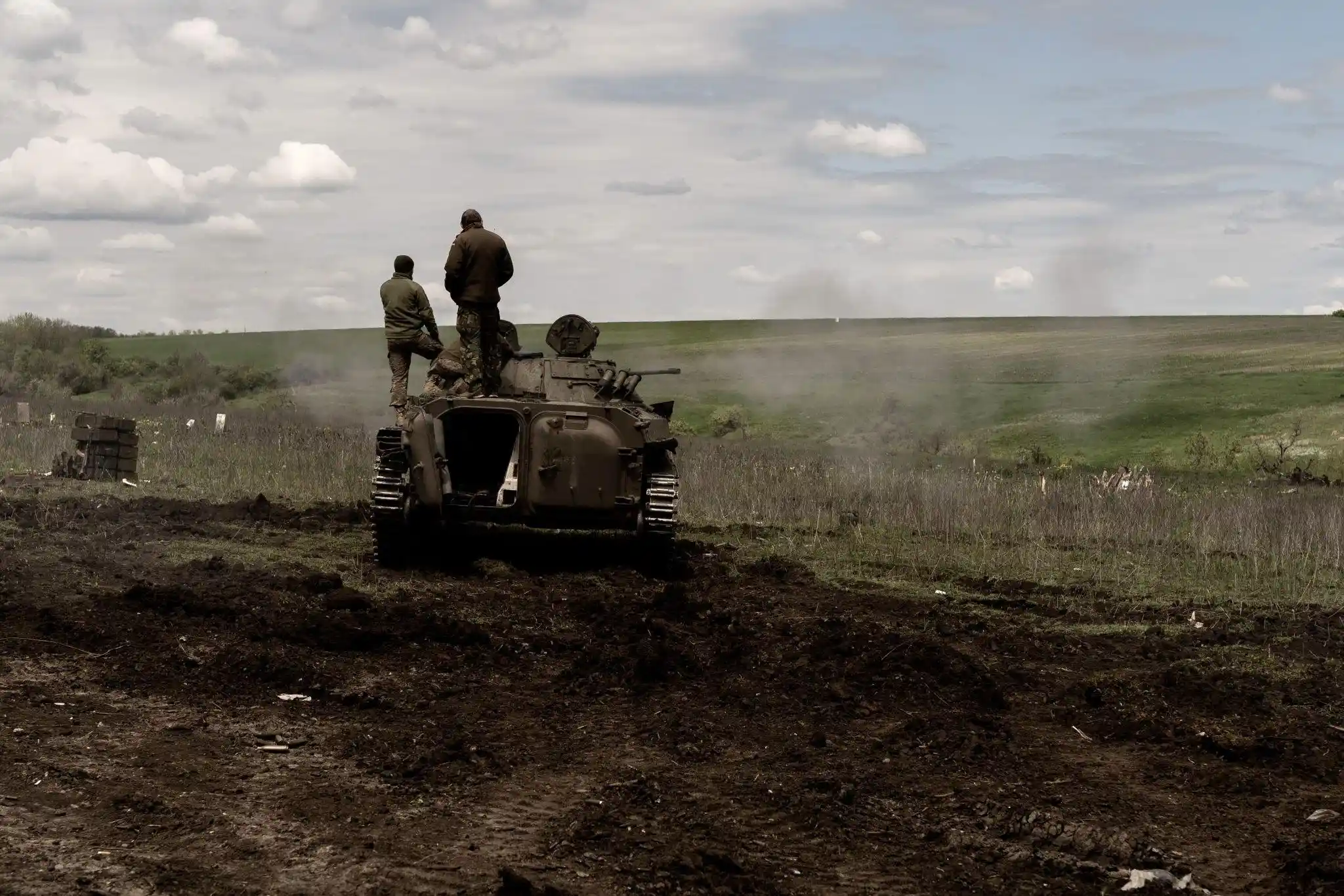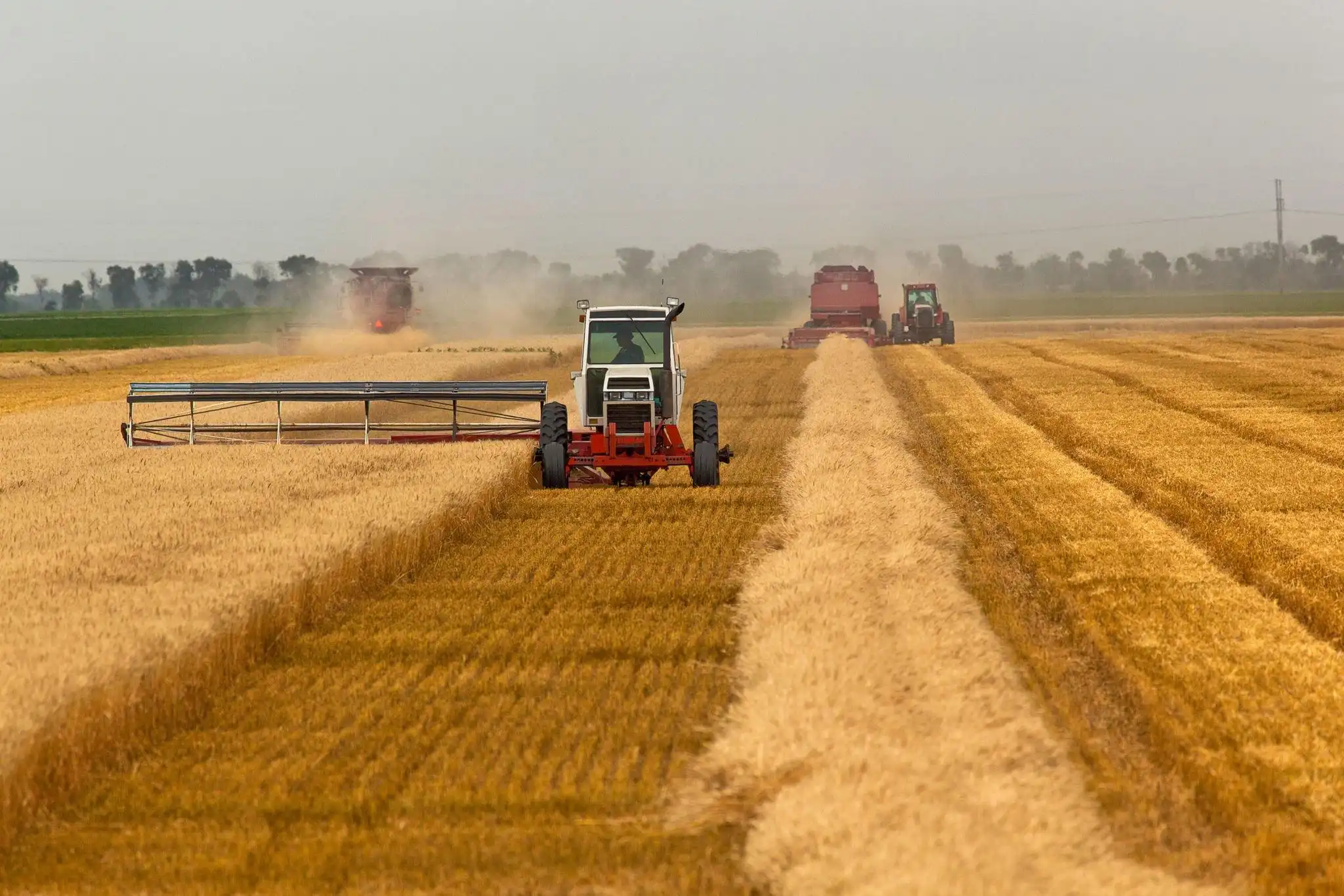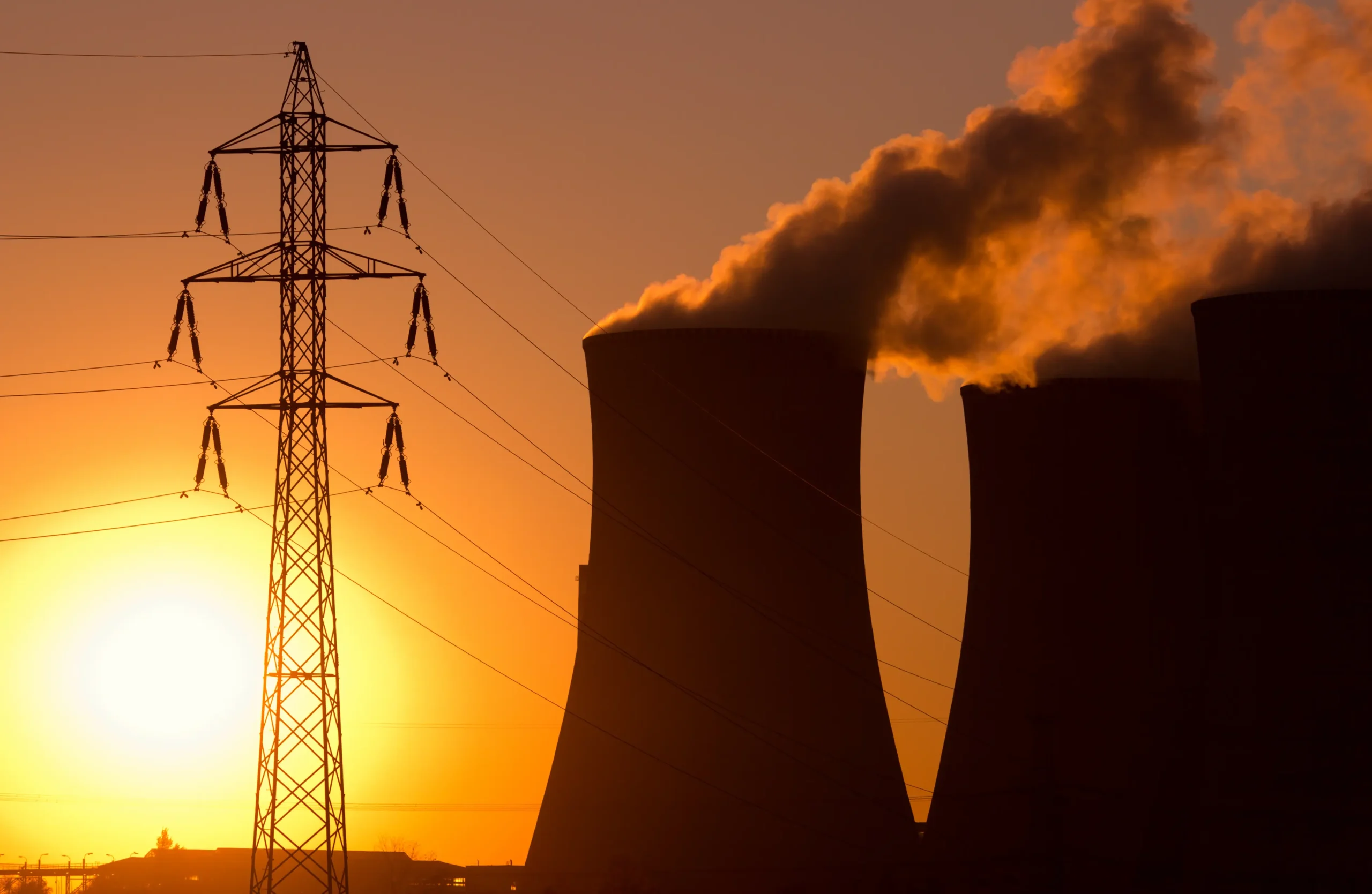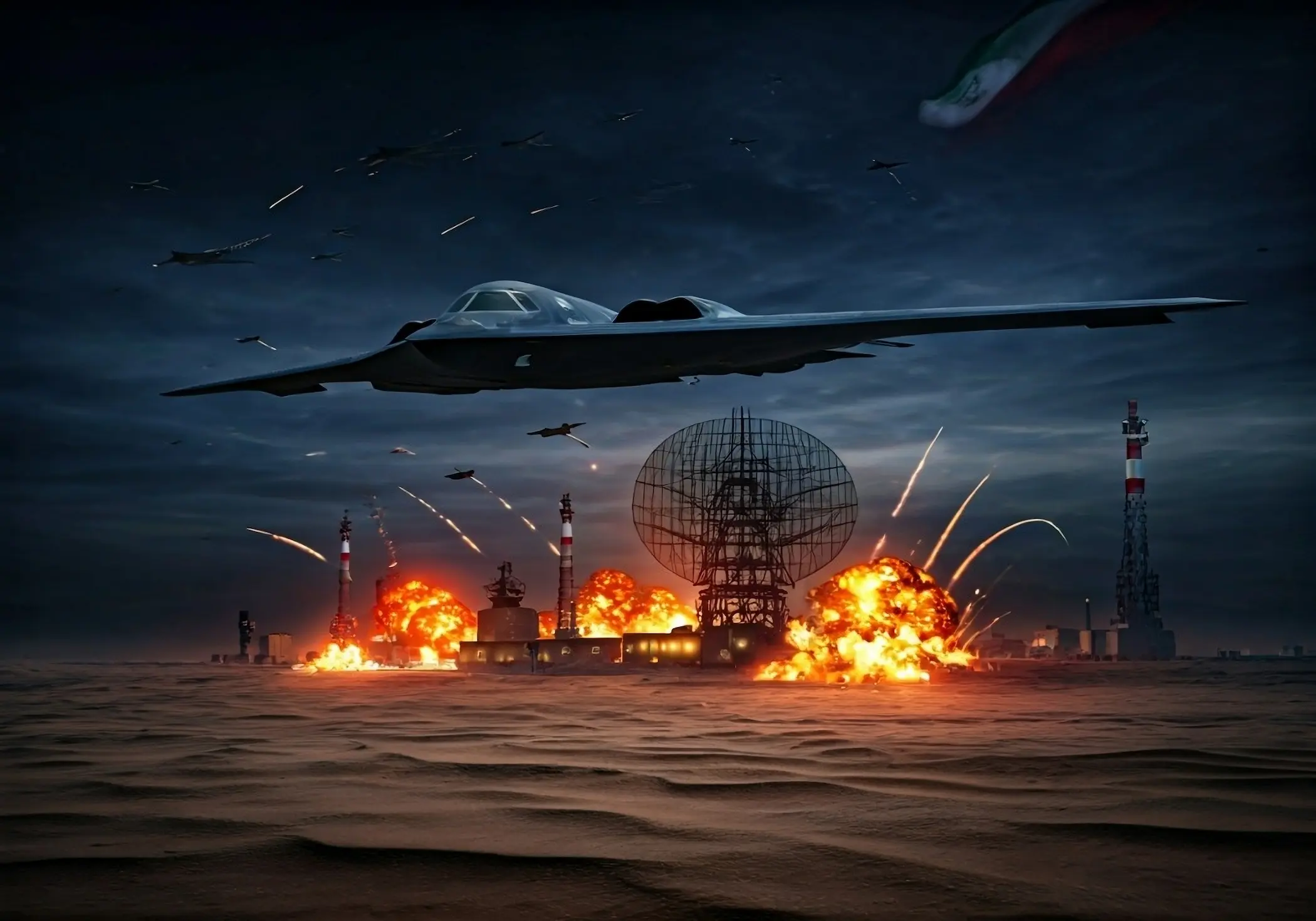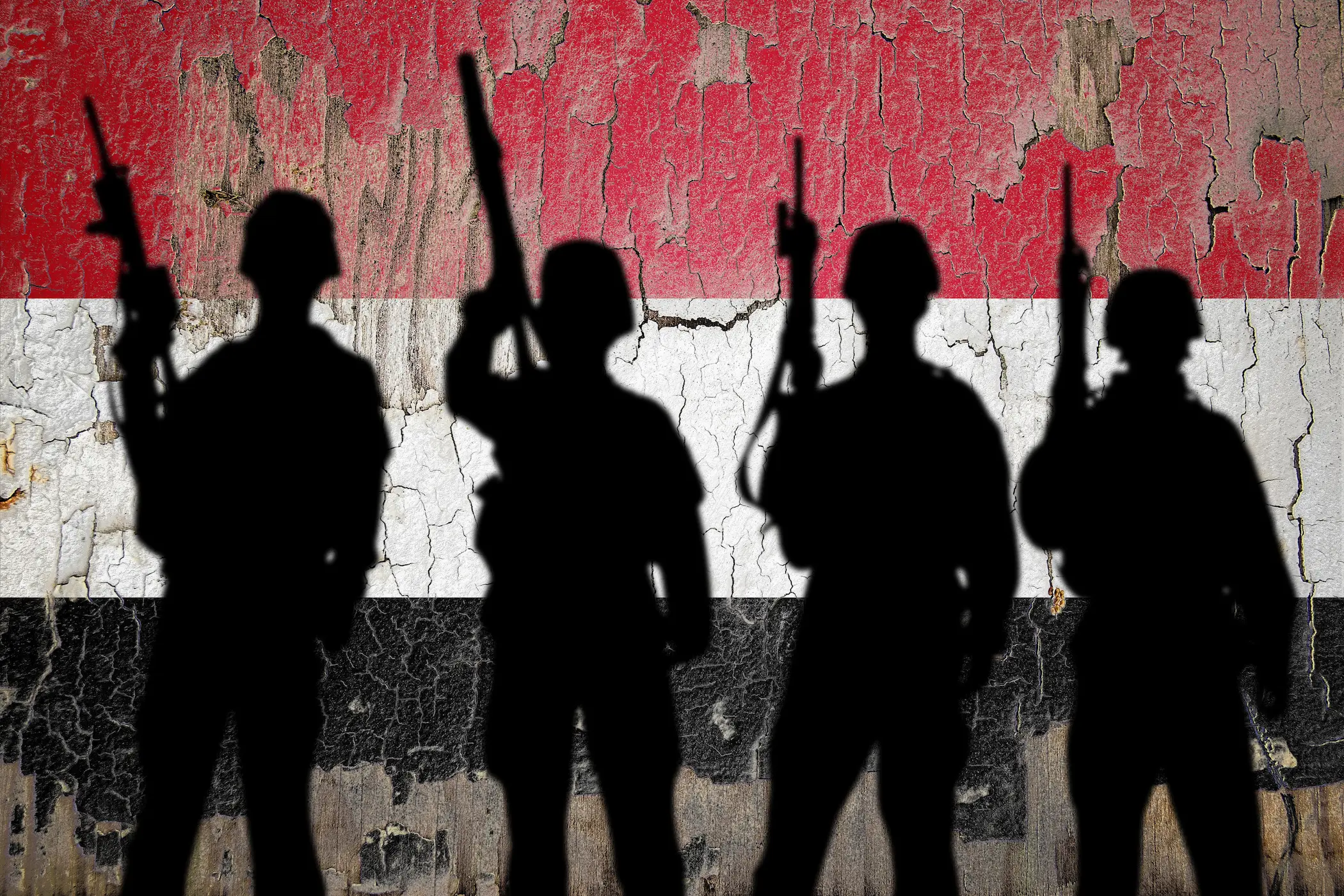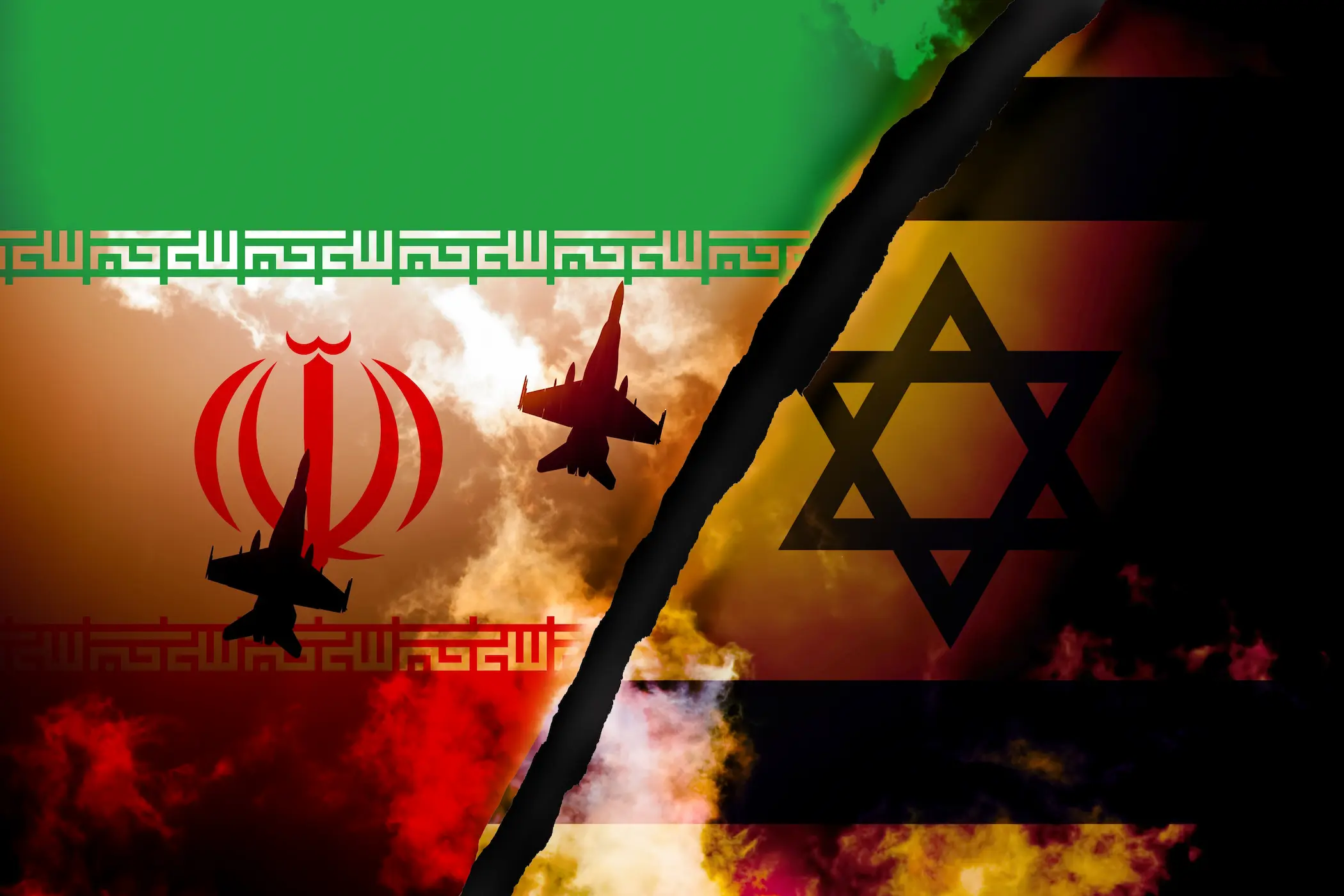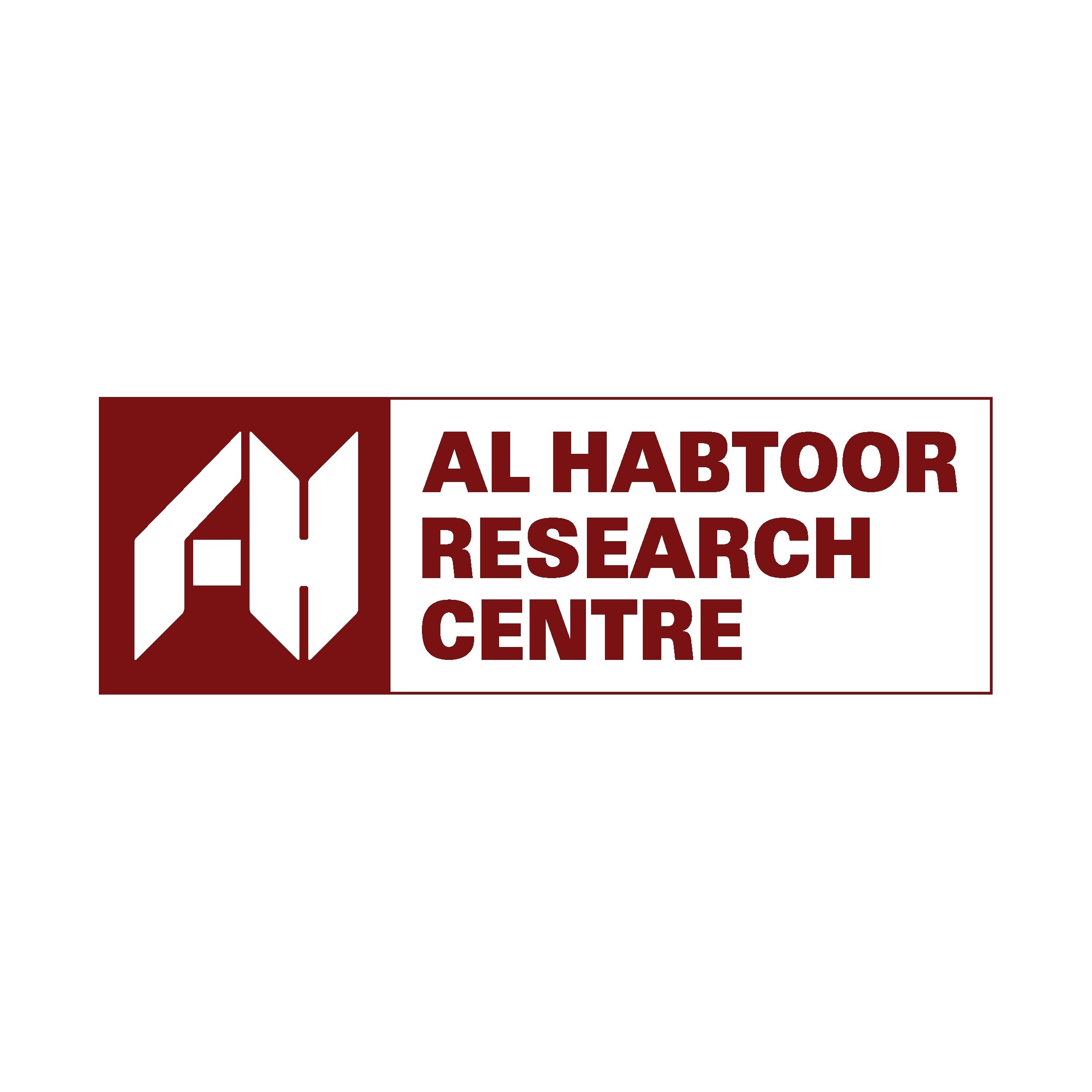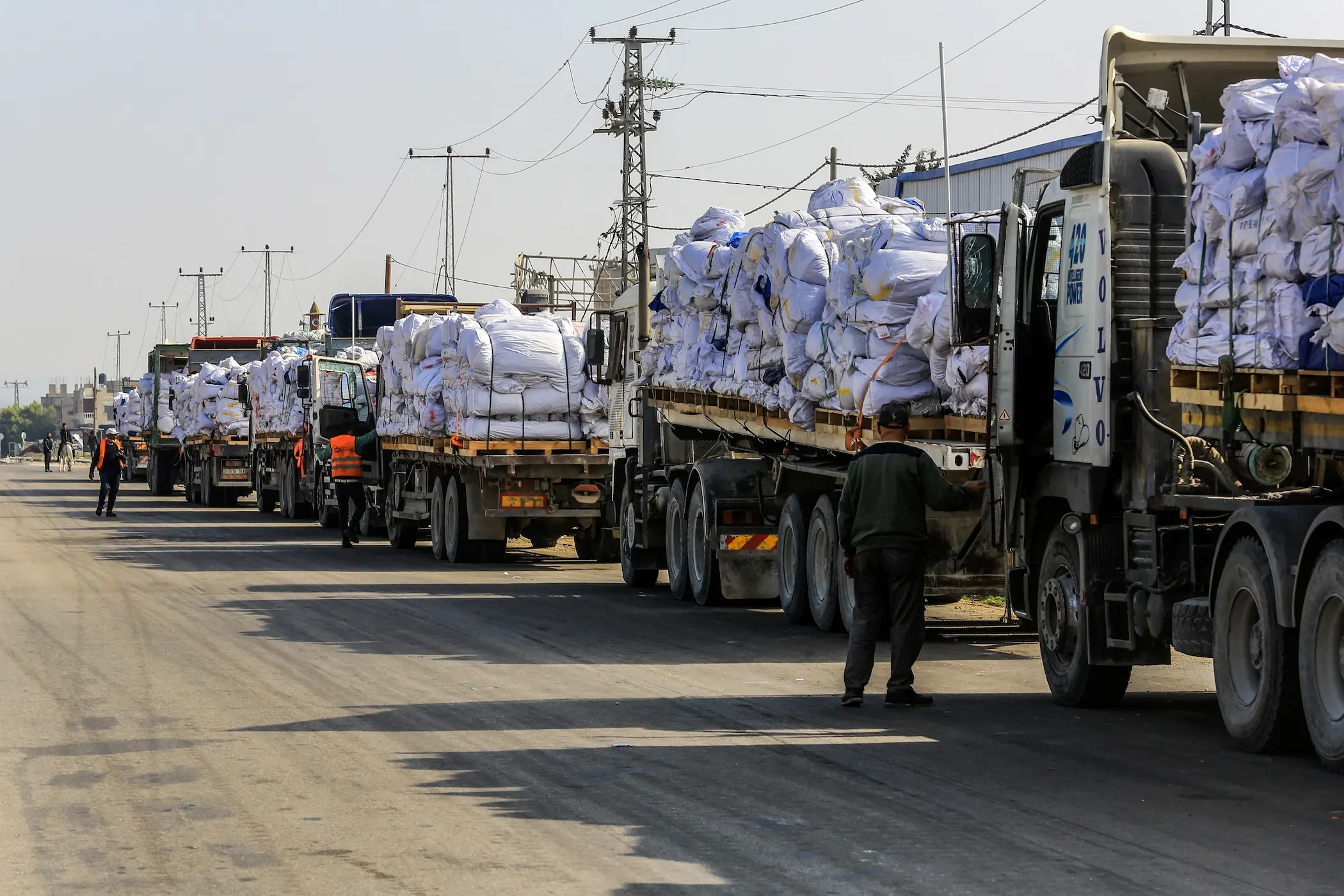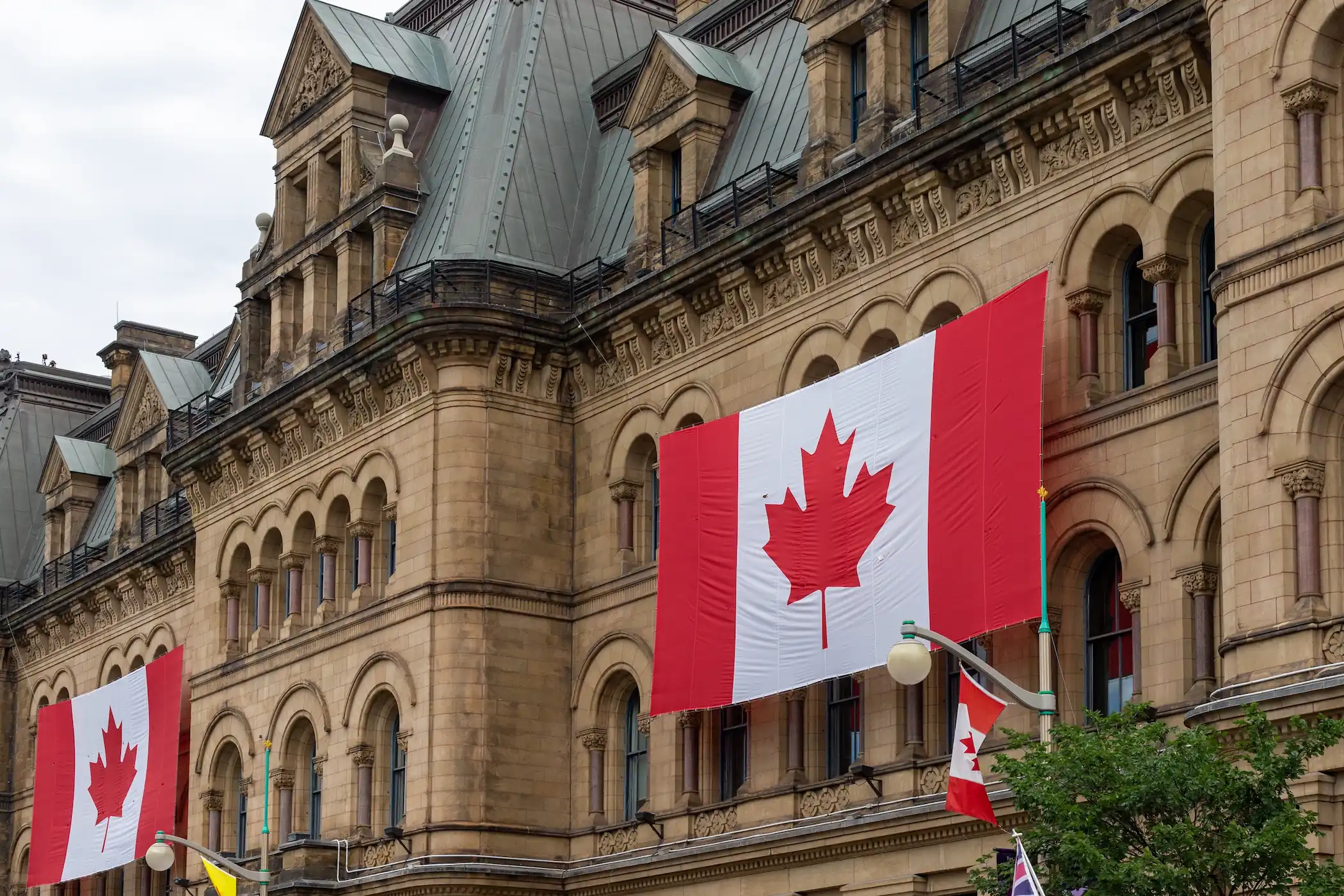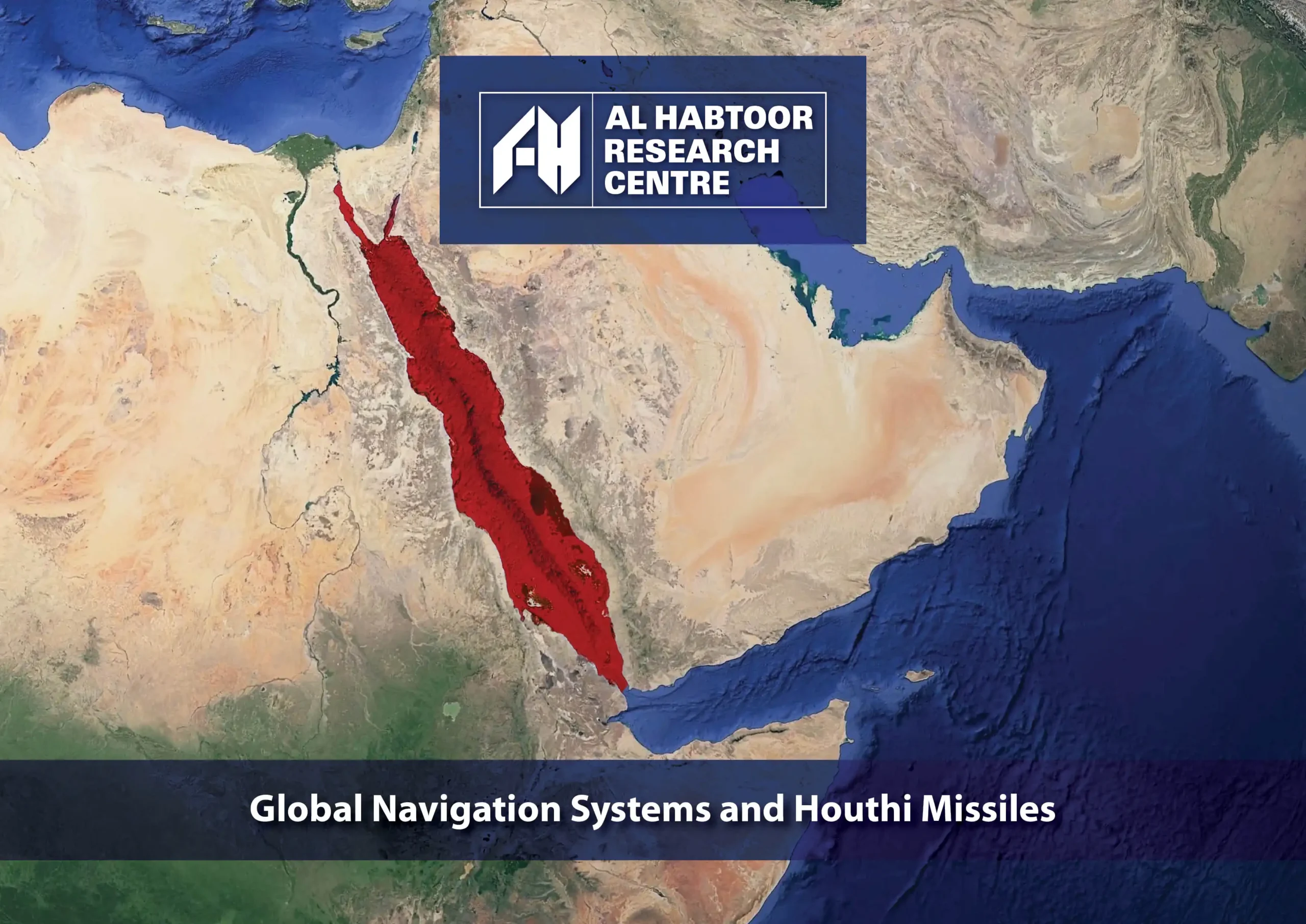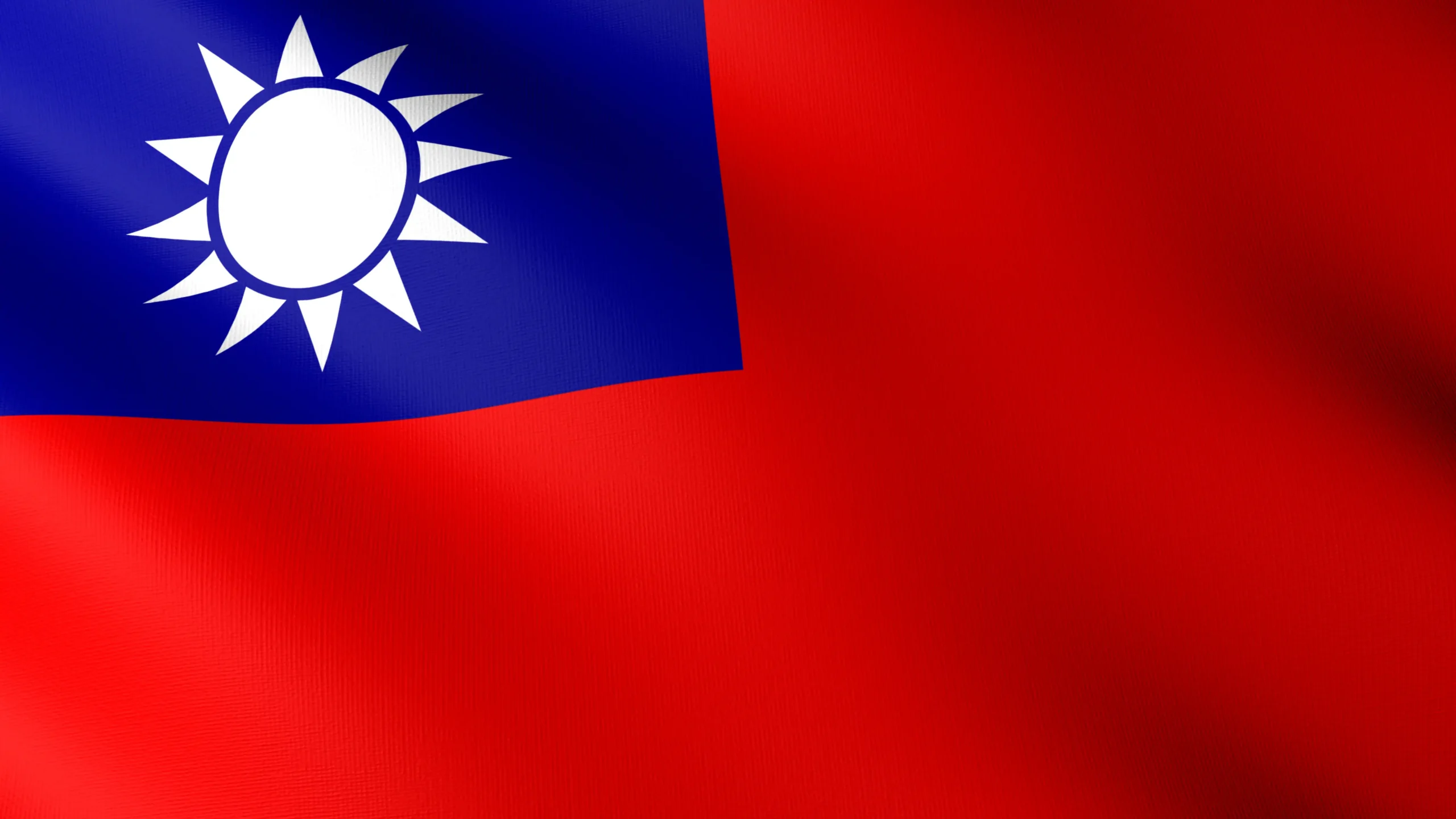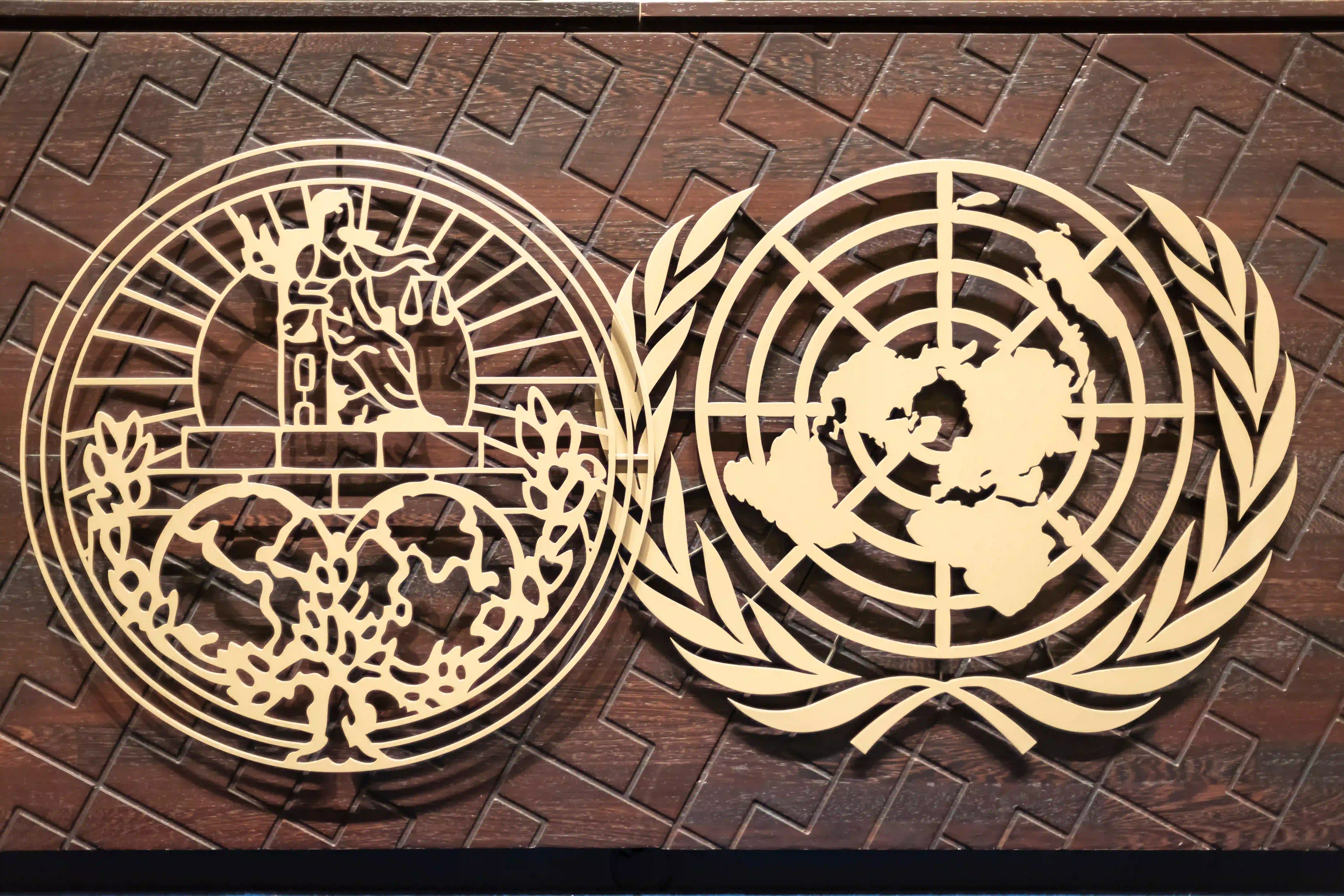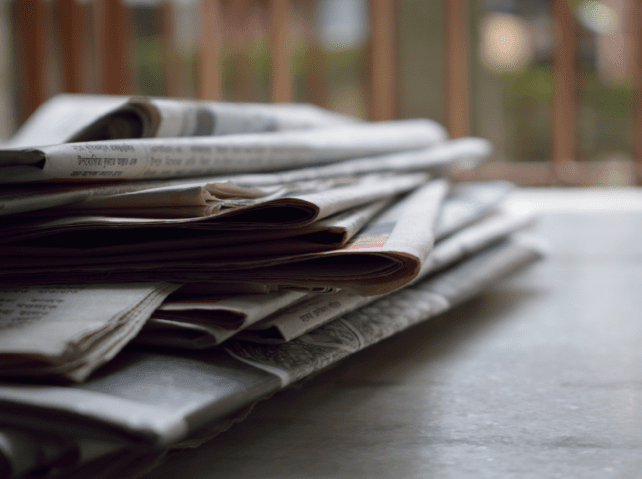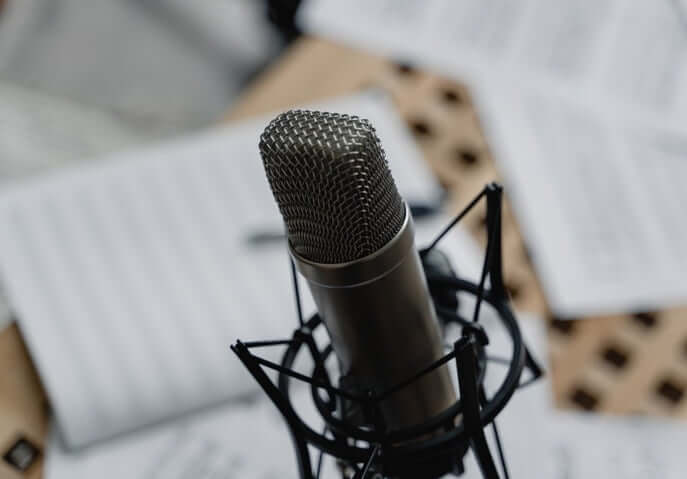Pulse: Nuclear Risk in the Middle East
15 Jul 2025
This Pulse survey, conducted in June 2025, explores perceptions of nuclear threats in the region, including the likelihood of nuclear events, levels of preparedness, and the need for collective emergency response. The findings offer insights into how geopolitical uncertainty is shaping public concerns about nuclear risks.
When asked about the likelihood of a nuclear event occurring in the Middle East within the next 10 years, the majority of respondents placed the probability between high (41%) and moderate (41%). Only a small minority believed such an event is unlikely (16%) or ruled it out entirely (3.1%). Indicating that a potential nuclear event is no longer seen as a distant possibility, but rather as a plausible risk shaped by current geopolitical dynamics and regional instability.
In response to the survey question on the most likely cause of a nuclear fallout event, participants felt that a nuclear war was the most likely cause (46%) over a nuclear reactor malfunction (38%). While historical incidents suggest that reactor malfunctions have been more frequent, respondents seem more preoccupied with the threat of nuclear war, likely influenced by ongoing geopolitical uncertainty in the wake of recent conflicts, including the now-concluded Iran-Israel War. Cyberattacks, although technically plausible, were considered less likely (13%), again perhaps due to comparison with the more immediate risks of war or malfunction. Meanwhile, terrorist attacks were seen as the least likely (4.2%) cause, reinforcing the perception that threats from rival states pose a greater nuclear risk than those from non-state actors.
When asked whether the Middle East should establish a joint nuclear emergency system, the majority of respondents (91%) supported regional cooperation, reflecting concerns over rising tensions and the limited capacity of some states to respond independently. A small minority (9%), however, opposed a fully inclusive system and favoured cooperation among select countries. Suggesting that those respondents perceive certain states as more vulnerable, or more responsible, than others, implying a belief in differentiated eligibility for participation. Ultimately, this response pattern may also highlight underlying perceptions of disparity among regional states and a reluctance to include perceived "free riders" in collective security efforts.
In response to whether the Middle East is prepared for a nuclear malfunction or cyberattack, the majority of participants (76%) expressed a clear sense of unpreparedness. With remaining respondents believing that the Middle East is somewhat (12%) or fully (12%) prepared. The strong emphasis on lack of preparedness reflects a prevailing sense of concern or fear among respondents. This sentiment is further reinforced by earlier responses, particularly the widespread support for establishing a joint nuclear emergency system, indicating that many view regional cooperation as essential to compensate for individual state limitations in crisis response.
When asked about the region’s preparedness for a potential nuclear war, an even larger share of respondents (87%) indicated that the Middle East is not equipped to handle such a scenario. Compared to the previous question on nuclear malfunctions and cyberattacks, the heightened perception of unpreparedness here reveals which category of threats weighs more heavily on respondents’ minds. This contrast suggests that nuclear war, in particular, is seen as a more pressing and dominant concern, likely due to its catastrophic scale and links to ongoing geopolitical instability in the region.
PULSE is a data-driven series that visualizes public sentiment on trending regional and global issues, curated and edited by the Al Habtoor Research Centre Early Warning Programme’s Senior Researchers Habiba Diaaeldin and Ahmed El Saeid.
The findings presented are based on data collected through social media polls and online forms distributed via email. While efforts are made to ensure a broad and diverse sample, the results reflect the views and opinions of respondents and should not be interpreted as representative of the entire population or Al Habtoor Research Centre.
